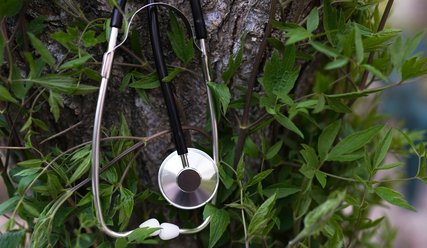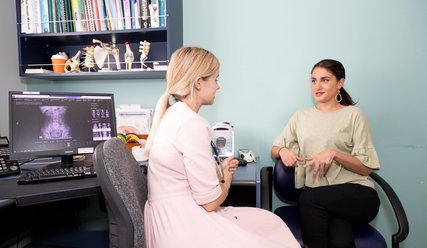Ngā Kawepūrongo
News
Insights, GP profiles, medical opinion and more.
Categories
Media-Releases

1 February 2026 | Media releases
Over 220 doctors start specialist GP and rural hospital medicine training today

30 November 2025 | Media releases
GP-owned general practice incentive could open doors for long-term workforce growth

11 November 2025 | Media releases
New Primary Care Pathway to increase GP workforce a win for health care and patients

9 November 2025 | Media releases
Coroner’s findings questioned by GP College

26 September 2025 | Media releases
Up to 700 GP trainees to benefit from funding boost this year

21 August 2025 | Media releases
Funding round opens for research benefitting general practice
Upcoming events
See all eventsONLINE WEBINAR | CONTINUING MEDICAL EDUCATION
GLP1 Medication and Dietitian Involvement
04 March 2026 - 04 March 2026
6:30 PM - 7:30 PM
Sara Widdowson and Kate Collins (Nutrition Consultants and Dietitians) will be presenting a CME on GLP1 Medication and Dietitian Involvement
View eventDiabetes, weight management and the next generation of GLP-1
10 March 2026 - 10 March 2026
7:30 AM - 8:45 PM
ORMISTON HOSPITAL, SEMINAR ROOM LEVEL 2, 125 ORMISTON ROAD FLAT BUSH AUCKLAND, 2019 NEW ZEALAND | CONTINUING MEDICAL EDUCATION
Breast Care Update
10 March 2026 - 10 March 2026
6:15 PM - 8:30 PM
Join us for a multidisciplinary update regarding managing breast-related symptoms and breast imaging in South Auckland, proudly brought to you by some incredible specialists.
View eventMore recent articles

30 November 2025 | Media releases
GP-owned general practice incentive could open doors for long-term workforce growth

25 November 2025 | College and members
Puberty blocker prescribing - College position and member guidance

20 November 2025 | College and members
Changes to ACC forms seeks to simplify processes for GPs

11 November 2025 | Media releases
New Primary Care Pathway to increase GP workforce a win for health care and patients

9 November 2025 | Media releases
Coroner’s findings questioned by GP College

2 October 2025 | GP Voice



